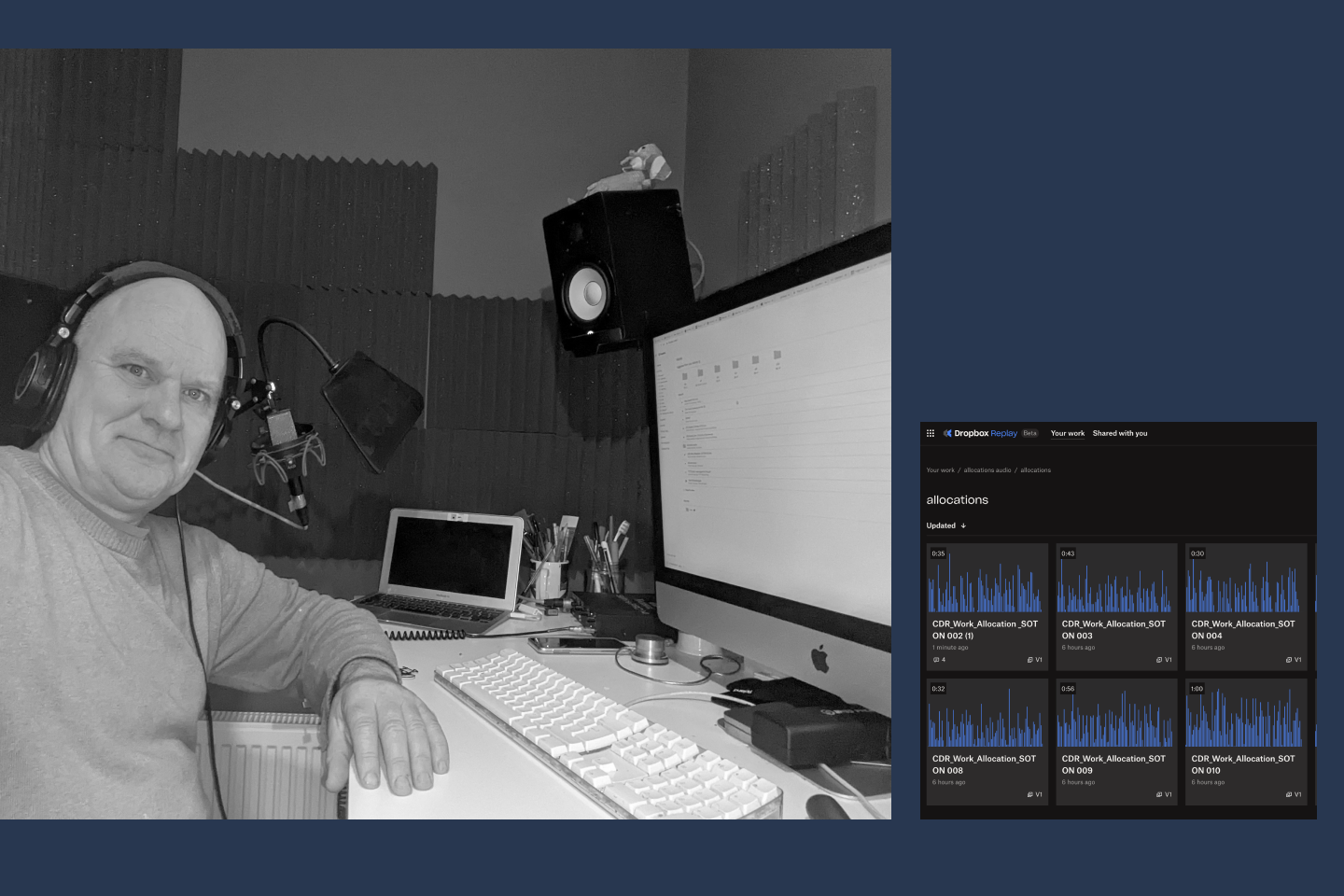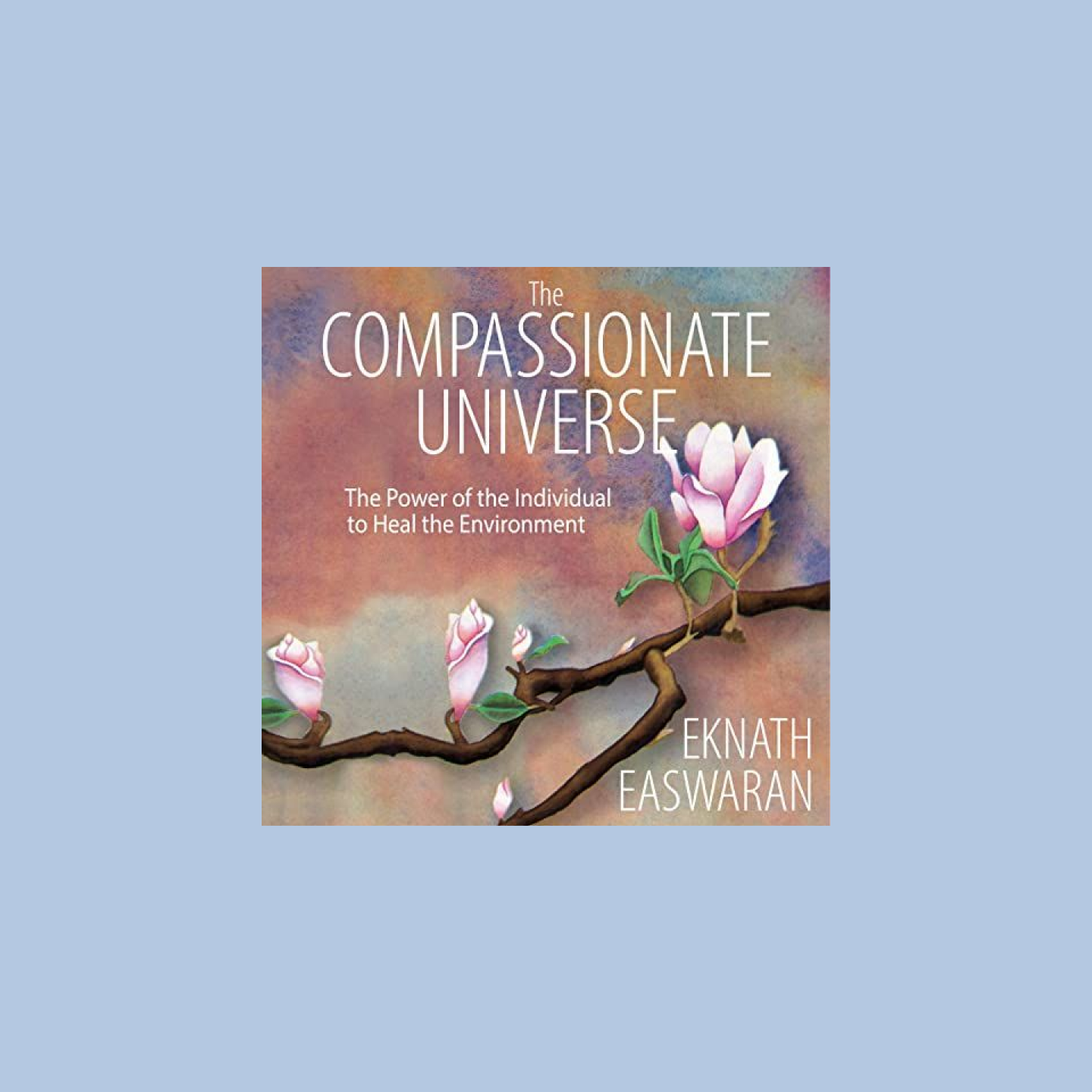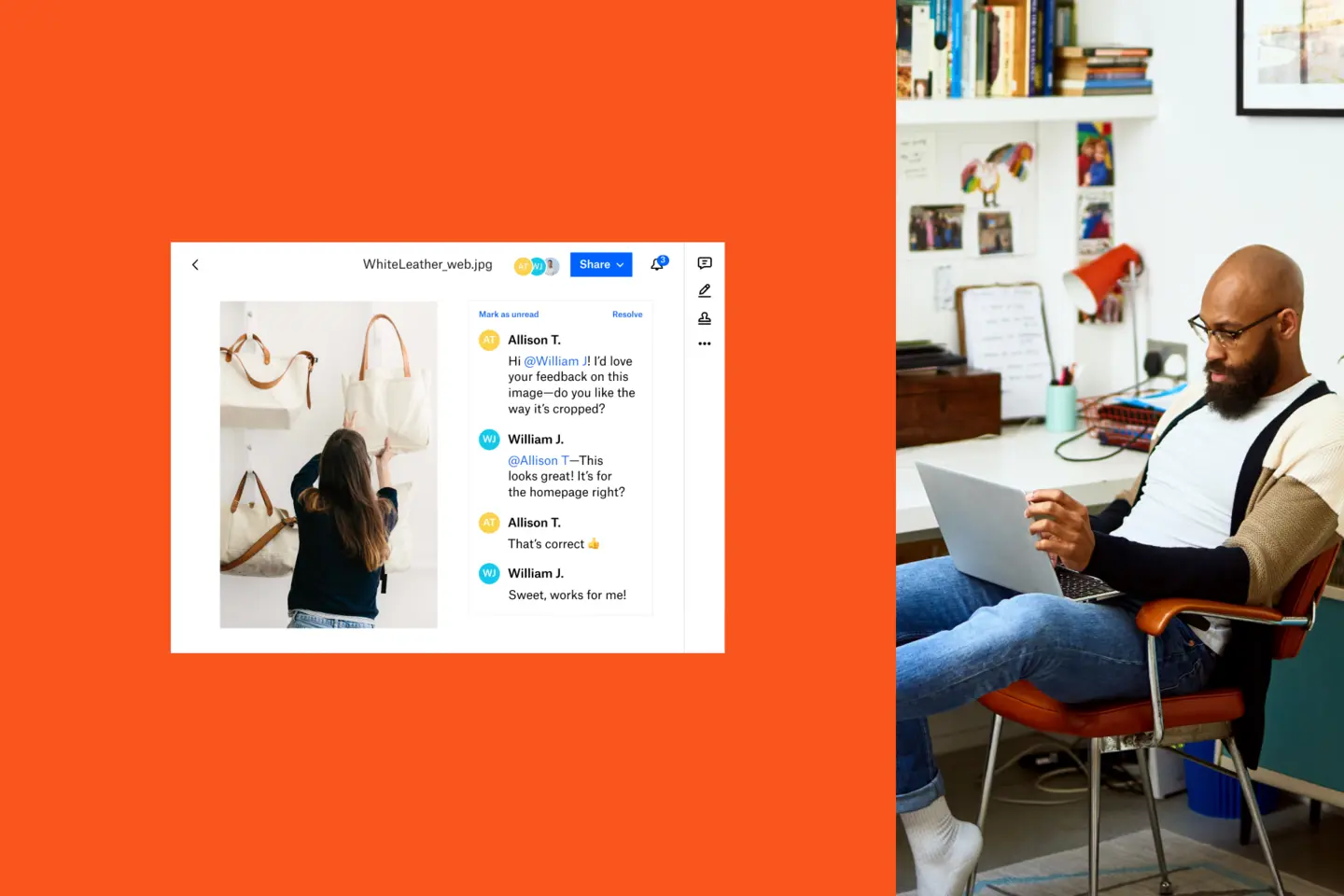By Simon Smith, Audio Producer at Voice Bubble, and Humanist Celebrant
I have two current roles in my professional career—audio producer and humanist celebrant. They both focus on how voice and story contribute to creativity, which involves multiple stakeholders and collaborators. In both, I have to ensure that we meet strict deadlines and nothing goes wrong along the way.
About a decade ago, I began using Dropbox for file storage. I then discovered it had a lot more benefits than I anticipated. It streamlined the collaborative journey for myself and my clients, and our projects are better for it. Here’s a look at how Dropbox continues to surprise me.

The challenges of an audio producer tied to physical storage
One of my hats is as an audio producer for VoiceBubble, a voiceover and voice talent business in the UK. We produce a variety of online content, including podcasts, audiobooks, and even online training. As you might imagine, this work generates sizable audio files.
When I ran out of space on my computer, I began using external drives. As much as they were convenient, they also were prone to failure or slow performance. Many of my projects are time sensitive, and I couldn’t afford to lose anything—files or time. I needed a more reliable tool that allowed me to move faster. That’s when I started to use Dropbox.
One of my favorite Dropbox features is selective sync. Everyone needs access to the most recent version of a project, but syncing 60–80 GB audio files can slow down a device and take up space. Selective sync allows me to remove specific Dropbox folders from my local hard drive to save space. Those files remain stored in the cloud, so I can still access them at any time.






